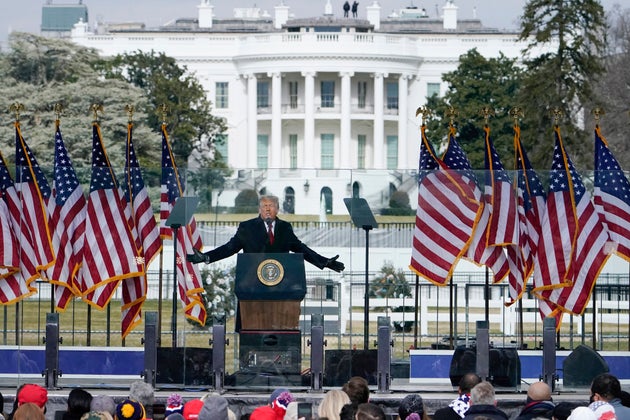I Just Learned What 'Bank Holidays' Were Originally Called And I Can't Stop Laughing

<div><img src="https://img.huffingtonpost.com/asset/66c89be92400001f00810304.jpeg?ops=scalefit_630_noupscale" alt="" data-caption="" data-credit-link-back="" data-credit="creacart via Getty Images/iStockphoto" /></div><div class="content-list-component text"><p>This <a href="https://www.huffingtonpost.co.uk/news/bank-holiday/">bank holiday</a> weekend is looking pretty good, with <a href="https://www.huffingtonpost.co.uk/news/notting-hill-carnival/">Notting Hill Carnival</a> set to take place in London and just-about-okay (by UK standards, anyway) <a href="https://www.metoffice.gov.uk/weather/maps-and-charts/uk-weather-map#?model=ukmo-ukv&layer=weather-symbols&bbox=[[44.59046718130883,-37.74902343750001],[62.4107287530686,29.750976562500004]]" target="_blank" rel="noopener noreferrer">weather predicted</a> across much of the country. </p><p>Uncontroversially, I’m a huge fan of bank holidays. But I’ve always wondered why they’re called that.</p><p>I had a vague idea it had something to do with banks (which is true), but I wasn’t sure what it is about, say, a Monday in late August would necessitate a teller’s day off. </p><p>So, I looked into it recently ― and I’ve been laughing about what I found since. </p><h3><strong>What’s the history of bank holidays?</strong></h3><p><a href="https://www.britannica.com/money/John-Lubbock-1st-Baron-Avebury" target="_blank" rel="noopener noreferrer">Sir John Lubbock</a>, the 1st baron of Avery, who authored the Bank Holidays Act of 1871, is the reason why we have them in the first place. </p><p><a href="https://virtualmethodist.blogspot.com/2013/08/st-lubbocks-day.html" target="_blank" rel="n
Read original
Huffington Post





